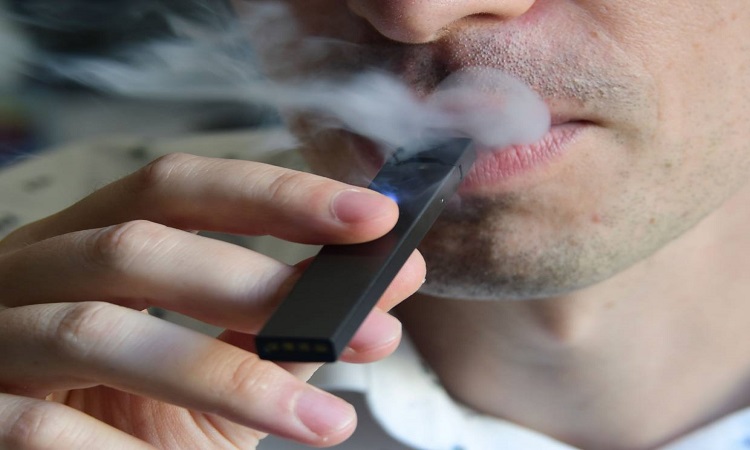The US Department of Health and Human Services (HHS) and the US Food and Drug Administration (FDA) are considering introducing strict regulations on electronic tobacco. The proposed regulation also includes a ban on flavored electronic cigarettes.
The FDA’s proposed compliance policy requires that all non-tobacco flavored e-cigarettes require FDA approval before sale. Flavored e-cigarettes will be removed from the market until they pass FDA review.
Regulations that came into force in August 2016 have made electronic tobacco companies obliged to submit a “pre-market tobacco product application” to the FDA within two years of its entry into force. According to the HHS, products that have not received FDA approval within the deadline are currently considered illegal.
“The Trump administration has clarified its attitude to improve the serious situation where flavored e-cigarettes are prevalent in youth and to increase market transparency.” Said HSS Director Alex Azar. “This situation cannot be overlooked. Electronic cigarettes are an entry point for younger generations to traditional burning and nicotine addiction.”
Over the past year, the e-cigarette industry has continuously been criticized. Not only does it have a negative impact on health, but there is a problem with the way it is sold to minors.
According to the HHS, the latest nationwide youth tobacco survey revealed that youth e-cigarette usage is continually rising, especially the use of non-tobacco flavors. As of 2019, over 25% of high school students are e-cigarette users, and fruit and mint flavors are popular.
In early September, the US Centers for Disease Control (CDC) issued a warning to refrain from using electronic cigarettes. This is because several cases of fatal lung disease involving e-cigarette users have been reported (a strong association between lung status and e-cigarette has not been identified). The following are excerpts from previous TechCrunch articles.
The first death was reported in Indiana in late August. Washington Post reported deaths in suspicious cases in Illinois, Minnesota, California, and Oregon. CDC, on the other hand, confirmed three deaths and commented that one case was under investigation. The number of reported cases has increased rapidly, but this is not the result of a rapid increase in the disease itself, but maybe the result of more accurate information being reported by state health authorities and hospitals.
The FDA is currently creating a compliance policy to address the issue of flavored e-cigarettes and will release it within a few weeks. “This compliance policy will be a powerful tool to address the youth’s use of electronic cigarettes. We must act quickly on flavored e-cigarettes that entice children. If we see a tendency to switch, we will take additional steps,” said FDA Commissioner Ned Sharpless, MD. The FDA has warned Juul Labs, a major e-cigarette company, about mislabeling product labels and advertisements. Juul, the largest e-cigarette, has a 70% share of the US e-cigarette market and has raised more than $ 14 billion (about $ 1.5 trillion).
The day before the government moved, the former New York mayor and billionaire philanthropist Mike Bloomberg announced a $ 160 million contribution to combat youth e-cigarette use.
Bloomberg told the federal government in the announcement:
The federal government is responsible for protecting children from harm but has failed. So we take action. I want to work with legislators to protect children’s health in partnership with national supporters. Youth smoking reduction is one of the major health wins of this century, and tobacco companies cannot overturn its progress.




